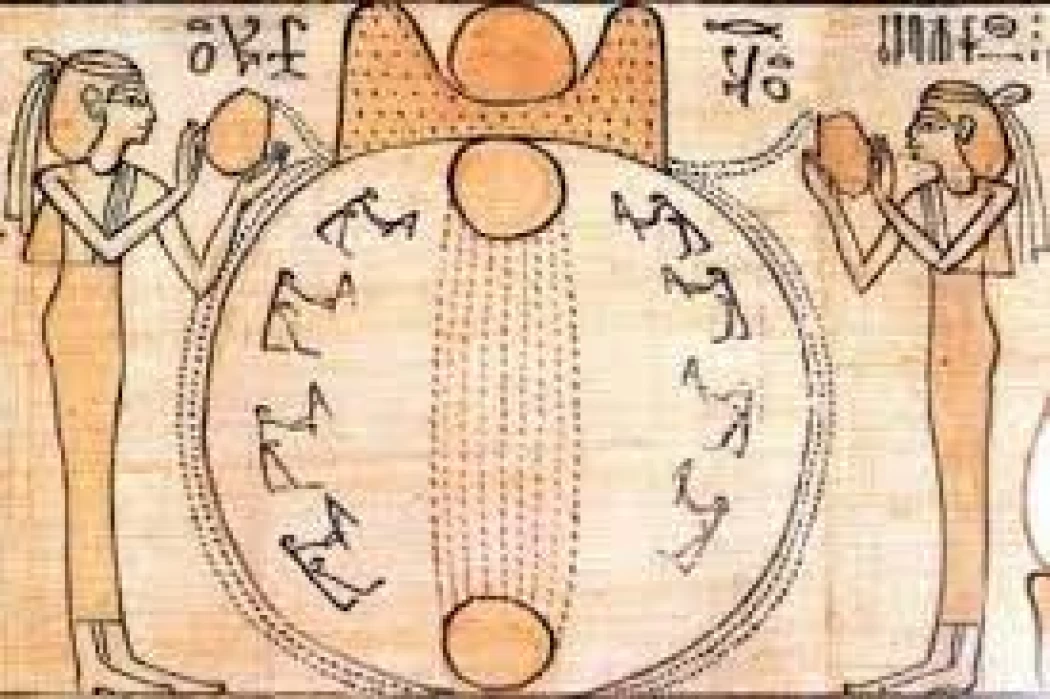
The Tenth Dynasty of Ancient Egypt History
Historical Facts About the Tenth Dynasty
The King of the Pharaohs ruled the tenth Egyptian dynasty in Old Egypt for nearly 90 years. The family's control of Egypt began from 2130 to 2040 B.C. The family came in the first period of Egypt's transition and immediately thereafter the beginning of the Middle Kingdom in Old Egypt.
The family has settled into one of Egypt's ten capital towns, Memphis, which is currently about 20 kilometers from Cairo and close to the city of "Dead Hostage." The family was the foundation for ancient Egypt's political and social structure, which was based on absolute monarchy, which places all power in the hands of one person, the King or Queen.
Therefore, in ancient Egypt, there was neither a constitution nor a law that limited the power of the king. Ancient Egyptian is the official language of this era. The era of disarray, upheaval, and the eventual collapse of Egypt's central government is known as Egypt's first transitional phase.
Family Kings 10
The first member of this tenth Egyptian family, King Merihator, ruled Egypt from 2130 BC, but it is not known when his rule ended. Next comes King Ni Vr Ka Ra VIII and assumed the rule of Egypt between 2130 and 2040 BC. King Wa Kha Ra 'a Khiti is a member of that family, but there is little information about him, so there is no information as to when his sentence began. The last member of that family, King Mari Ka Ra, assumed the rule of Egypt until 2040 and is also unknown when his rule over Egypt began.
The social revolution was the first step that came in that tenth period of Egyptian dynasty, and that period was triggered by taxes that were levied on the ancient Egyptian peasant as in agriculture in ancient Egypt.
After the social revolution, chaos and corruption began to spread throughout Egypt's ancient territories, as well as in the geography of ancient Egypt. The Egyptian also no longer cared about the religious traditions or beliefs of the ancient Egyptian goddess at that time and the interest in the religion of the ancient Egyptians changed. Despite the few evidence that spoke of that period, it depicted us how much corruption came about in that period. It was also a ruin in that period that the public erupted on the staff, and the mercenary soldier also revolted on the country's leaders.














